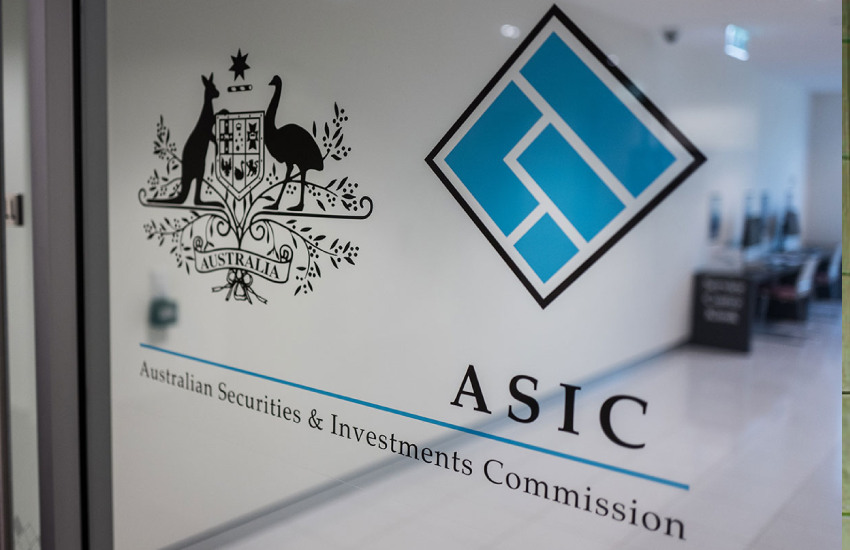ASIC identifies ‘significant variation’ in outcomes for superannuation insurance
A report by ASIC investigating default insurance in superannuation has called into question the appropriateness of default insurance design, with some members receiving relatively low value.
Report 675 Default insurance in superannuation: Member value for money, released by ASIC on Monday, explores the value for money that Australians receive from default insurance provided by superannuation funds and how this is measured.
In producing the report, ASIC considered publicly available data on default insurance offered by 20 large MySuper products, which at 30 June 2020 covered 82 per cent of MySuper member accounts.
ASIC also used its compulsory information-gathering powers to obtain more granular data from a sample of 11 mostly large superannuation trustees for a six-year period. These trustees held an estimated 40 per cent of superannuation accounts with insurance at 30 June 2019.
The report found that some groups of members may be receiving relatively low value for money.
“The claims ratios we observed varied significantly across trustees and insurance policies. We found accrual claims ratios that average less than 50 per cent for some trustees, and greater than 100 per cent for others. The retail trustees in our sample tended to have lower average accrual claims ratios, around 74 per cent on average, than the not-for-profit trustees, which were around 82 per cent on average,” the report stated.
On average, the report found that insurers expect to pay about 79 per cent in claims for each dollar of premiums.
ASIC also found systematic differences in the accrual claims ratio across age cohorts. On average, members aged under 30 appear to have received significantly lower value than older members over the six-year period.
“This may be an intentional design feature of some group insurance. However, it can also be an unintentional result of levels of risk changing over time without premiums being adjusted in response. Different outcomes between groups of members, such as these, can raise questions about fairness,” ASIC explained.
The report noted that some trustees have made changes to address imbalances between age cohorts, prompted by the reforms in the Treasury Laws Amendment (Protecting Your Superannuation Package) Act 2019 (PYSP Act) and Treasury Laws Amendment (Putting Members’ Interests First) Act 2019 (PMIF Act).
However, the report noted that some do not appear to be fully aware of the imbalances.
The report also stressed that superannuation trustees need to consider a range of indicators of member value and potential harm when monitoring member outcomes, beyond just the claims ratio.
“Member harm can arise due to restrictive terms and conditions in the insurance policy that make it more difficult for some groups of default insured members to make a claim. There are also risks of harm in the way trustees and insurers handle claims,” the report noted.
“For example, a high number of withdrawn claims or disputes, or long claim processing times, could indicate frictions in the claims process. These frictions can make the claims process difficult or distressing for beneficiaries to navigate.”
ASIC stated in the report that it found large variation in rates of declined claims, withdrawn claims, disputes and claim processing times among the 11 trustees in its sample.
CPA Australia general manager of external affairs, policy and advocacy, Jane Rennie said the value of insurance in superannuation is coming under increasing scrutiny as the government looks for ways to boost Australians’ retirement savings amid a steady increase in premium costs.
“A recently announced, but yet to be legislated, duty to act in members’ best financial interests increases the likelihood that trustees will come under pressure to justify rising insurance premiums. This is especially the case for MySuper members who commonly hold insurance coverage by default,” Ms Rennie said.
“Trustees need to be prepared to quantify the financial benefit of insurance to members and show it is necessary and competitively priced.”

Miranda Brownlee
Miranda Brownlee is the deputy editor of SMSF Adviser, which is the leading source of news, strategy and educational content for professionals working in the SMSF sector.
Since joining the team in 2014, Miranda has been responsible for breaking some of the biggest superannuation stories in Australia, and has reported extensively on technical strategy and legislative updates.
Miranda also has broad business and financial services reporting experience, having written for titles including Investor Daily, ifa and Accountants Daily.








